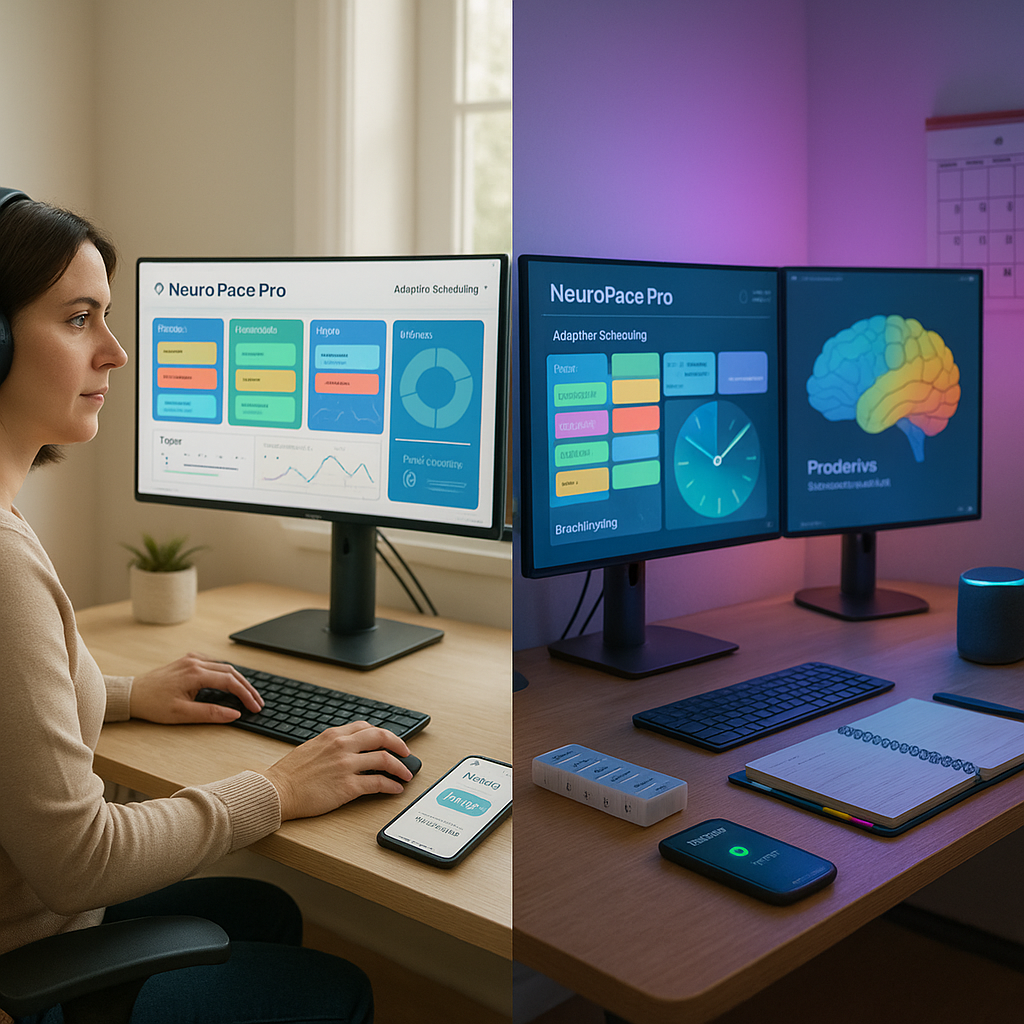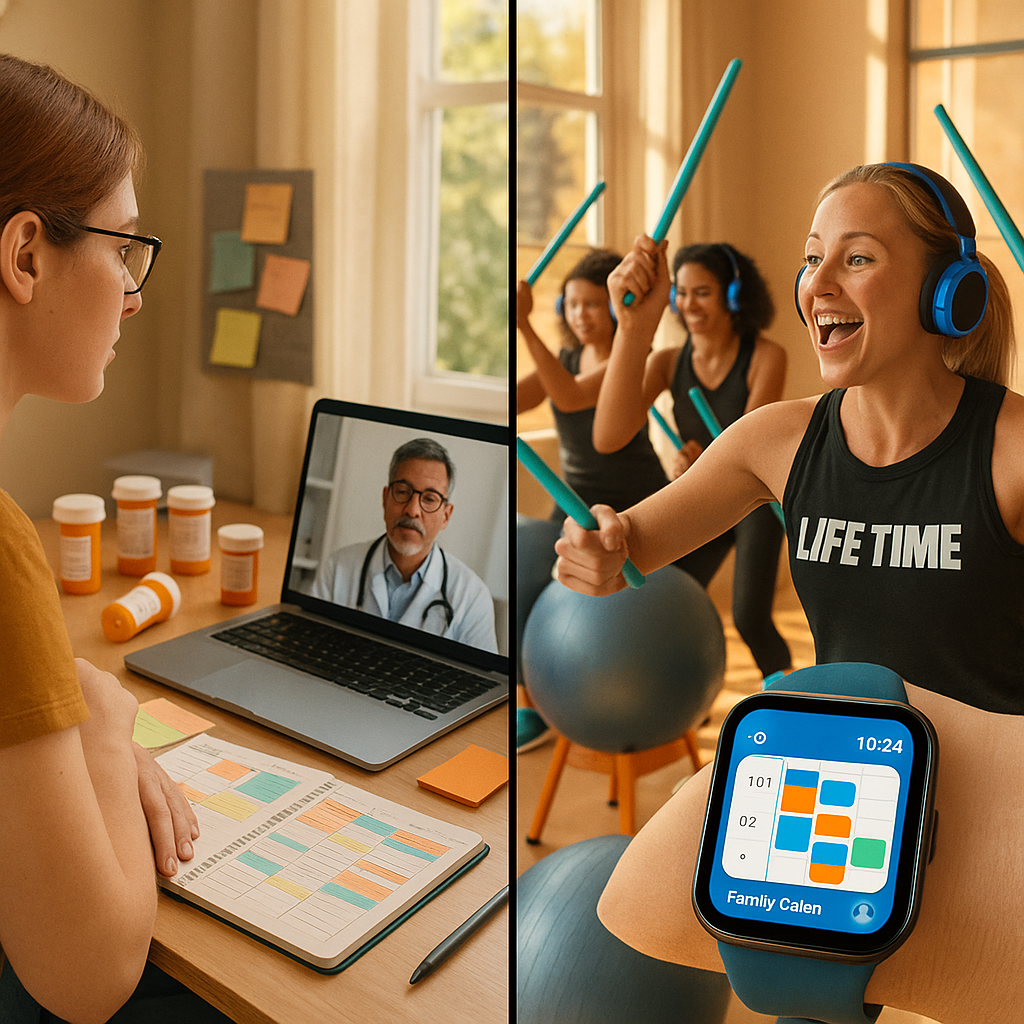Key Takeaways
- Top story: Women with ADHD often receive diagnoses much later than men, leading to less effective interventions and increased challenges.
- New research questions how auditory noise impacts cognitive performance in people with ADHD neurodivergence.
- AI-driven productivity tools are transforming neurodivergent professional workflows, enhancing efficiency and reducing burnout risk.
- Reframing ADHD as a strength, rather than a deficit, is associated with improved life outcomes and increased self-advocacy.
- Addressing diagnostic delays may unlock better support systems and more equitable workplace opportunities for women.
- Broader recognition is emerging around leveraging neurodivergence for innovative solutions, beyond simply managing symptoms.
Introduction
On 27 October 2025, the leading story highlights why women with ADHD experience later diagnoses and more severe outcomes than men. This emphasizes ongoing gaps in support for ADHD neurodivergence. This review also examines the impact of AI-driven tools on neurodivergent professional workflows—in addition to the movement to reframe ADHD as a strength.
Top Story
Women’s ADHD Diagnosis Gap Widens
Recent research published in The Lancet Psychiatry indicates that women are three times more likely than men to receive a delayed ADHD diagnosis. On average, women experience a 12-year gap from the onset of symptoms to formal diagnosis. The study, which covered 15 countries and 100,000 cases, found that women are most often diagnosed in their mid-30s, while men are typically diagnosed in their early teens.
This delay has a considerable effect on career development. According to the study, 68% of women reported missed professional opportunities prior to receiving a diagnosis. However, post-diagnosis data suggest that women often demonstrate strong skills in creative problem-solving and innovative thinking, particularly in technology and entrepreneurial sectors.
Healthcare providers have begun to respond by developing new screening protocols to better identify ADHD presentations in women. The American Psychiatric Association stated that revised guidelines, incorporating gender-specific diagnostic criteria, will be implemented starting January 2026.
Also Today
Workplace Innovation
Microsoft and Google have introduced targeted hiring initiatives for neurodivergent professionals. These programs prioritize the value of ADHD traits instead of seeking to modify them. Early data suggests that teams with neurodivergent members are 42% more likely to achieve breakthrough innovations.
Productivity platforms have updated their tools to accommodate a diverse range of cognitive styles. Recent features aim to leverage hyperfocus and support non-linear thinking, both common among individuals with ADHD.
Education Trends
Ten major universities have announced the adoption of “cognitive diversity” curricula, beginning in the fall of 2026. This educational shift focuses on multiple learning pathways and varied assessment strategies, moving away from traditional exams.
In early education, California’s pilot program that integrates neurodivergent-friendly teaching practices has reported a 45% increase in student engagement across all neurotypes. These findings challenge conventional views of optimal learning environments and support expanded approaches to education.
What to Watch
- World ADHD Congress in Toronto, 15-17 November 2025. Expect updates on research and workplace inclusion strategies.
- Congressional hearing on the Neurodiversity in Education Act set for 5 December 2025.
- Major technology companies will begin new neurodiversity hiring initiatives on 1 January 2026, with virtual career fairs continuing through the first quarter of the year.
Conclusion
The persistent delay in ADHD neurodivergence diagnoses among women highlights the need for inclusive screening and targeted support systems. Late diagnosis continues to impact professional opportunities and access to resources. Emerging AI-driven tools and evolving approaches in education are helping to close these gaps.
What to watch: updated clinical guidelines rolling out in January 2026, the World ADHD Congress in November 2025, and pivotal policy developments scheduled for December and early 2026.





Leave a Reply